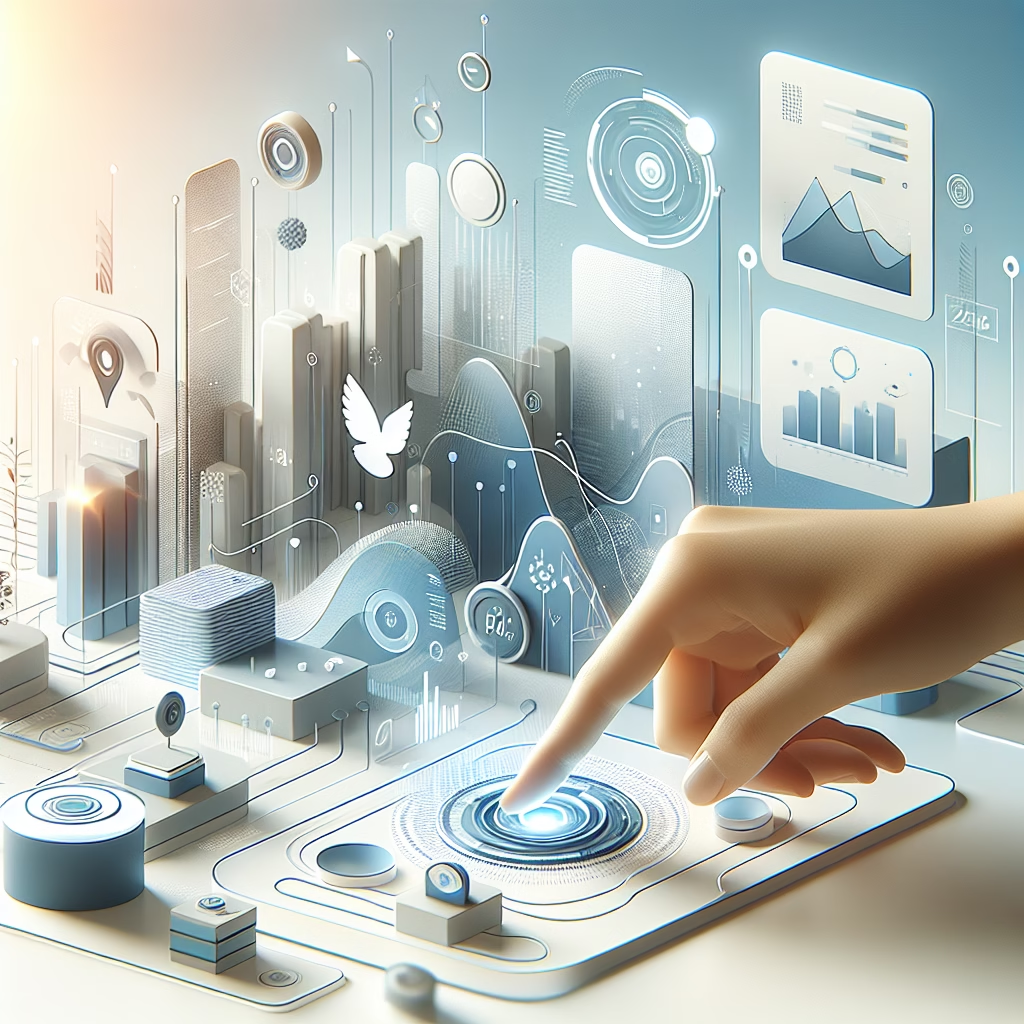Navigating the 2025 B2B Marketing Landscape
As we move into 2025, the B2B marketing landscape is undergoing monumental shifts driven by rapid technological advancements and changing consumer behaviors. Understanding these transformations is essential for businesses aiming to remain competitive and effective in their marketing strategies. In a recent episode of the Scaling Japan Podcast, Robert Heldt, CEO of AIM B2B, discussed these dynamics, outlining how AI is reshaping marketing, the decline of traditional content marketing, and the new skills marketers need to thrive.
Key Takeaways
- AI is a game-changer for B2B marketing strategies in Japan and beyond.
- Traditional content marketing is declining, necessitating new approaches.
- Marketers must develop storytelling techniques and thought leadership skills to stay relevant.
Table of Contents
- Introduction
- Executive Summary
- What’s Happening
- Why This Matters
- Real-World Use Cases
- Opportunities and Risks
- Recommended Actions
- Frequently Asked Questions
- Cited Sources
Introduction
Tech leaders and marketers are faced with a crucial moment as they adapt to a dramatically evolving landscape. With AI and automation becoming central to marketing strategies, understanding and leveraging these changes will dictate success or failure in market outreach and customer engagement.
Executive Summary
The insights shared by Heldt reveal that 2025 will be marked by the comprehensive integration of AI in marketing practices, especially in the B2B sectors within Japan and Asia. He highlights the decline in effectiveness of traditional content marketing strategies as consumers increasingly seek personalized and engaging content delivered through innovative technologies. Recent research indicates a significant shift toward adopting generative AI tools for marketing, which will redefine how brands communicate, engage, and convert leads.
Recent highlights from the industry show 33 US AI startups raising over $100 million in 2025, symbolizing investor confidence in AI-driven solutions. Meta’s continual innovations, like the introduction of AI-assisted tools for Facebook and Instagram, underscore the trends shaping marketing strategies globally.
What’s Happening
This year, marketing tools are evolving rapidly. Meta recently expanded its AI capabilities by introducing features like “Help me write” for users in the EU, designed to create customized content efficiently. Instagram is testing new metrics to enhance engagement and track user interactions, directly influencing how content is developed and shared on the platform.
Furthermore, TikTok has rolled out several AI tools for content creation, allowing creators to enhance their videos with sophisticated editing features. Each of these shifts signals the urgent need for businesses to revisit their marketing strategies and adapt to new tools and consumer expectations.
Why This Matters
The implications of these trends are profound. The decline of traditional content marketing presents a risk for brands heavily reliant on outdated methodologies; those failing to pivot may lose engagement with their target audiences. Conversely, the rise of AI offers significant opportunities for efficiency and effectiveness, allowing more personalized and impactful marketing campaigns. As B2B marketers, understanding these dynamics will empower teams to craft narratives that resonate with their audiences, leading to better ROI on marketing spend.
Real-World Use Cases
Several companies have already begun embracing these advancements to great effect. For instance, tech startups utilizing AI-driven marketing tools are reporting increased engagement rates and improved lead conversion statistics. Additionally, organizations that prioritize storytelling and personal branding, such as those in the consulting sector, have effectively differentiated themselves in a crowded marketplace.
Opportunities and Risks
While the integration of AI into marketing strategies presents a vast array of new opportunities—from innovation in campaign personalization to operational efficiencies—it also comes with potential risks. Missteps in AI implementation can lead to public relations challenges or disconnection from the audience’s needs. Marketers must remain vigilant and adaptive, continuously assessing the impact of these tools on their brand reputation and customer relationships.
Recommended Actions
To capitalize on these trends, businesses should:
- Embrace and explore AI tools that can enhance content creation and marketing analytics.
- Train teams in storytelling and thought leadership to foster deeper connections with customers.
- Focus on data-driven strategies that prioritize personalization and customer-centric engagement.
Frequently Asked Questions
- Q1: Why is this trend important right now?
A: The integration of AI in marketing is not just a trend; it’s redefining how brands engage their audiences. Adapting now is crucial for maintaining competitive advantage. - Q2: What’s the impact on businesses or teams?
A: Businesses that leverage AI can operate more efficiently and create personalized customer experiences, leading to higher conversion rates and improved customer loyalty. - Q3: Who are the leading platforms, tools, or companies involved?
A: Major players like Meta and emerging startups in the AI space are leading the way in enhancing marketing capabilities.










